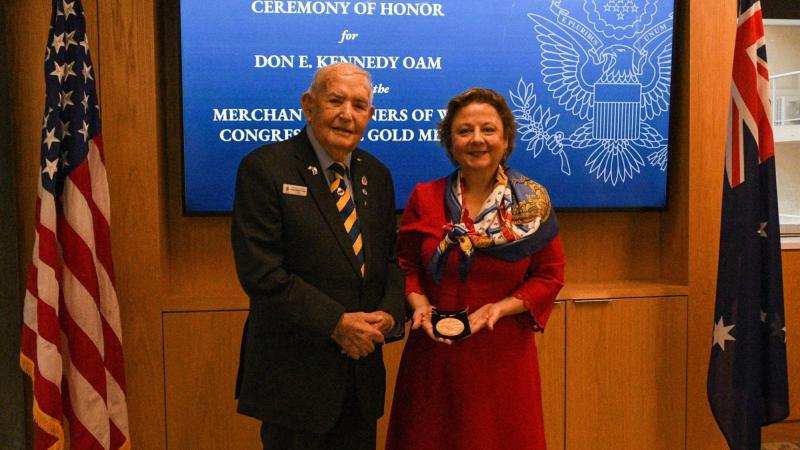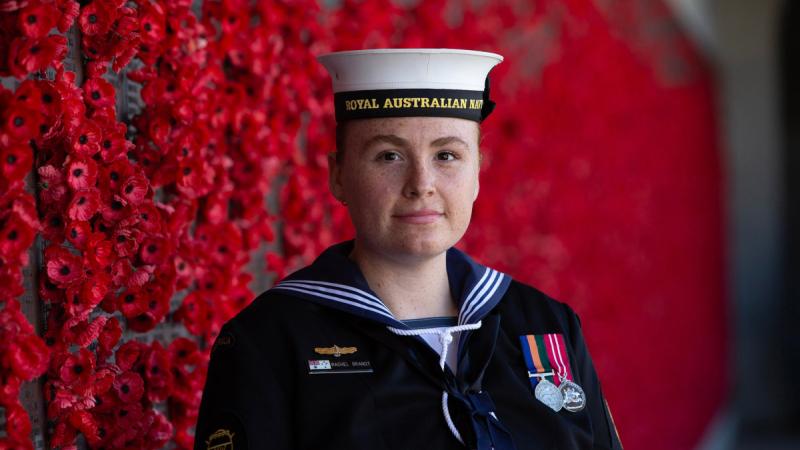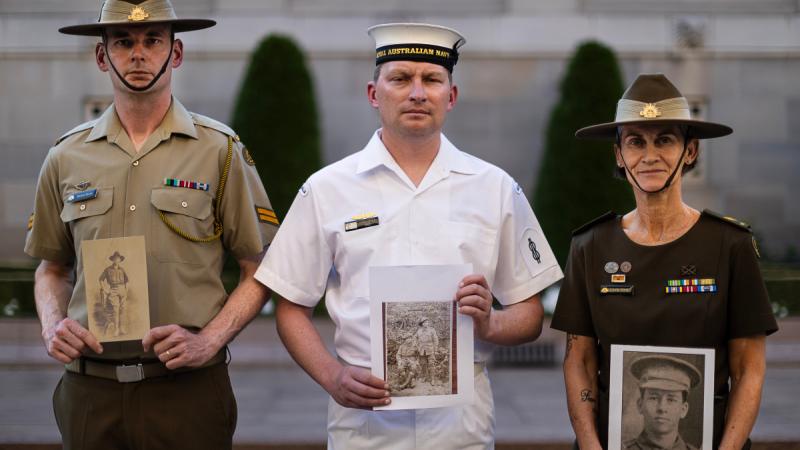Aboriginal women, their children and partners are being supported safely back to their communities thanks to a successful new domestic violence program launched this year.
The Marshall Liberal Government is delivering the Safe Journeys pilot program through a $300,000 injection from the Federal Government – and the program will continue to operate until at least 31 December 2021.
Since 1 July, the program has supported a total of 85 clients, including:
- 71 safely returned to home country
- 14 supported with plans and funding to make the journey home or supported with case management to stay and make a safe home in Adelaide.
The 85 clients include:
- 55 women
- 21 children
- 9 men
The clients come from and are supported to return to a range of locations, including:
- Northern Territory (approx 42 per cent)
- APY Lands (approx 33 per cent)
- Western Australia (approx 9 per cent)
- Eyre and Western SA (approx 9 per cent)
- Other regional SA locations (approx 8 per cent)
Minister for Human Services Michelle Lensink said the Marni-Padni – Pukulpay anama pilot program (Journey Safe – Safe Journey in Kaurna and Pitjantjatjara languages has supported Aboriginal women with limited or no options to travel home get back to their communities.
“Every South Australian deserves to live safely and free from violence but we know some women face additional challenges that they can’t overcome on their own,” said Minister Lensink.
“The Safe Journey’s program success has come from building relationships and trust – and then going the extra mile to help women and their children return home to family and community on country.
“Supporting at-risk women and children remains a Marshall Liberal Government priority and that’s why we’re delivering a record $21 million in DV support and prevention measures to ensure there is support and help available when people need it.”
Assistant Minister for Domestic and Family Violence Prevention Carolyn Power said practical support provided through the Marni-Padni – Pukulpay anama pilot program is enabling women a safer return to country.
“Some of our most vulnerable and at-risk women are being supported with vital services including family violence counselling, health and mental health services, and wellbeing supports for their children,” said Assistant Minister Power.
“With this program we are continuing to engage in ways to remove barriers that prevent vulnerable and at-risk women returning to live safely in their communities.”
Delivered by Baptist Care, the program uses Aboriginal-specific case management and a brokerage model to fund the costs associated with travel home.
Some of the support provided by the program includes:
- funding to cover the cost of bus travel or flights, including excess baggage
- funding to cover transfers to and from airports
- food vouchers and weather appropriate clothing for before and after the journey
- help to obtain the photo ID necessary to make travel bookings
- support to undertake COVID-19 testing before travel
Baptist Care Project Manager Rochelle Smith said there are very real barriers facing Aboriginal people who want to return home but become stranded in Adelaide, often after coming to support family members receiving hospital treatment.
“When someone is sleeping rough, it’s understandable that they are reluctant to part with any of their belongings – but this can mean they face excess baggage fees that put the cost of a flight home out of reach,” said Ms Weston.
“Even administrative burdens that are a small hassle for most of us – like completing a cross-border travel exemption form – can be a minefield for a person experiencing homelessness, who has no fixed address or phone number to put down.
“One client we helped had a beloved pet dog who couldn’t be left behind, so we were able to arrange a vet health check-up to ensure the dog would be approved to travel home with her and her partner.
“The most satisfying part of our role is seeing the whole journey through and hearing from our clients: I’m home, I’m safe with family.”







